Description
LJU4804 May/June Exam Memo | Due 9 – 16 May 2025. All questions fully answered with footnote referencing. QUESTION 1
Instructions: Read the set of facts below and answer the questions that follow.
Michael and Martha Kumwenda got married in Mauritius in December 1983. They concluded an antenuptial contract excluding all forms of accrual and of profit and loss. At that time, they were Zambian citizens and Martha was domiciled in Lusaka and working there as a senior accountant, while Michael was working in New York on a two-year fixed term contract with the possibility of further renewal.
They relocated to Johannesburg in January 1985 and established a domicile there. Michael assumed the position of chief operations officer (COO) of a cellular service provider and Martha obtained a position as chartered accountant at Deloitte. One child with special needs was born from the marriage in 1995 and Martha resigned from her work to look after him full-time.
In 2023, Martha filed for divorce in the South Gauteng High Court. She also applied for a redistribution of assets.
1.1 Which legal system applies to the formal validity of Michael and Martha’s marriage in terms of the South African rules of private international law? (2)
1.2.1 Which legal system applies to the material validity of Michael and Martha’s marriage in terms of the South African rules of private international law? (2)
1.2.2 Provide a brief discussion of the exceptions to the rule in 1.2.1. (6)
1.3.1 How would the South African court determine where Michael was domiciled at the time of entering into the marriage? Note: The court must determine where he was domiciled in December 1983. (2)
1.3.2 Would the position in respect of determining Michael’s domicile be different if the court had to determine where he was domiciled in 1994? (3)
1.4 In the case of EB (born S) v ER (born B) and Others; KG v Minister of Home Affairs and Others [2023] ZACC 32, the Constitutional Court found that the time limit (1 November 1984) in respect of the availability of a claim for redistribution in terms of section 7(3) of the Divorce Act 70 of 1979 is unconstitutional. However, to date, no definitive judgment has been delivered concerning the availability of section 7(3) to effect a redistribution of assets in the case of proprietary consequences of a marriage being governed by a foreign matrimonial domicile.
Therefore, the classification of redistribution orders is paramount in determining whether a party to a marriage with a foreign matrimonial domicile may rely on section 7(3) of the Divorce
LJU4804 MAY JUNE 2025
4
Act 70 of 1979 to effect a redistribution of assets upon divorce. Discuss this statement with reference to the relevant cases.
Guidelines:
•
No discussion of the 2023 Constitutional Court case is required.
•
Your answer must include a full case discussion of Esterhuizen v Esterhuizen 1999 (1) SA 492 (C), properly referenced and not taken from the study guide or any other secondary source. Pay heed to the requirements of a case discussion: discuss the facts, identify the legal question and summarise the decision (ratio decidendi) in your own words. Provide footnote references to the relevant page and/or paragraph numbers of the case for every statement made.
• Also discuss the other relevant cases briefly.
(15)
1.5 Michael executed a will in Mauritius in which he appointed Martha as his sole heir. At the time of execution of the will, he was domiciled in Zambia and a Zambian citizen. He retained his Zambian citizenship throughout his life. After his divorce from Martha was finalised, Michael executed a second will in Germany that expressly revoked his first will and appointed his child as his sole heir. At the time of its execution, he was domiciled in South Africa. Michael’s first will was formally valid in terms of Mauritian law (only). Michael’s second will was formally invalid in terms of all its possible testing systems, but formally valid in terms of Mauritian law. In terms of the rules of intestate succession of Mauritius, Germany and South Africa, his child would be his intestate heir. Michael died in a car accident in May 2024. Who would inherit his estate? Note: You must apply the relevant provision of the Wills Act 7 of 1953.
(5)
1.6 As mentioned in 1.5, Michael tragically died in a motor vehicle accident while on a business trip in Namibia. At the time of his death, he was still domiciled in Johannesburg and a Zambian citizen. The accident was caused by a negligent truck driver employed by a multinational courier company with depots in all the SADC countries. The lawyers representing Michael’s heir plan to sue the truck company based on delict. If the action is instituted in the South Gauteng High Court, which legal system will be applied to the matter? (5)
[40]
LJU4804 MAY JUNE 2025
5
QUESTION 2
Consider the following statement and provide a properly referenced essay-answer. Make use of numbered headings and sub-headings and provide footnote references for every statement made.
The South African International Arbitration Act 15 of 2017 represents best practice in respect of the provisions governing the procedural aspects of international arbitrations as well as in respect of the recognition and enforcement of foreign arbitral awards.
(Note: Discuss the relevant provisions of the International Arbitration Act 15 of 2017 (IAA) and the UNCITRAL Model Law as well as the 1958 New York Convention as incorporated.)
[20]
QUESTION 3
Instructions: Read the set of facts and answer the questions that follow.
Chutney Ltd is a South African company with its principal place of business in Durban. Spices Ltd is a company incorporated in terms of the laws of England with its principal place of business in Bristol. In January 2024, Spices purchased a large consignment of chutney from Chutney Ltd. Payment had to take place by means of electronic funds transfer (EFT) into Chutney’s business account held at RMB (Durban). Delivery had to take place FOB (Durban).
The contract contained no choice of law clause.
Spices duly transferred the funds as per the contract. However, Chutney failed to deliver the full consignment. After sending several notices of demand, Spices instituted action in the Kwa Zulu Natal High Court, Durban.
3.1 How would the court go about establishing the proper law of the contract if the objective approach is used? (10)
3.2 Explain what the FOB INCOTERM entails. Note: Your discussion must be based on your prescribed reading material by Van Niekerk and Schulze. (5)
3.3 If this CISG applied to this contract, would Spices be able to claim damages in terms of the Convention’s provisions? (5)
[20]
LJU4804 MAY JUNE 2025
6
TOTAL: [80]


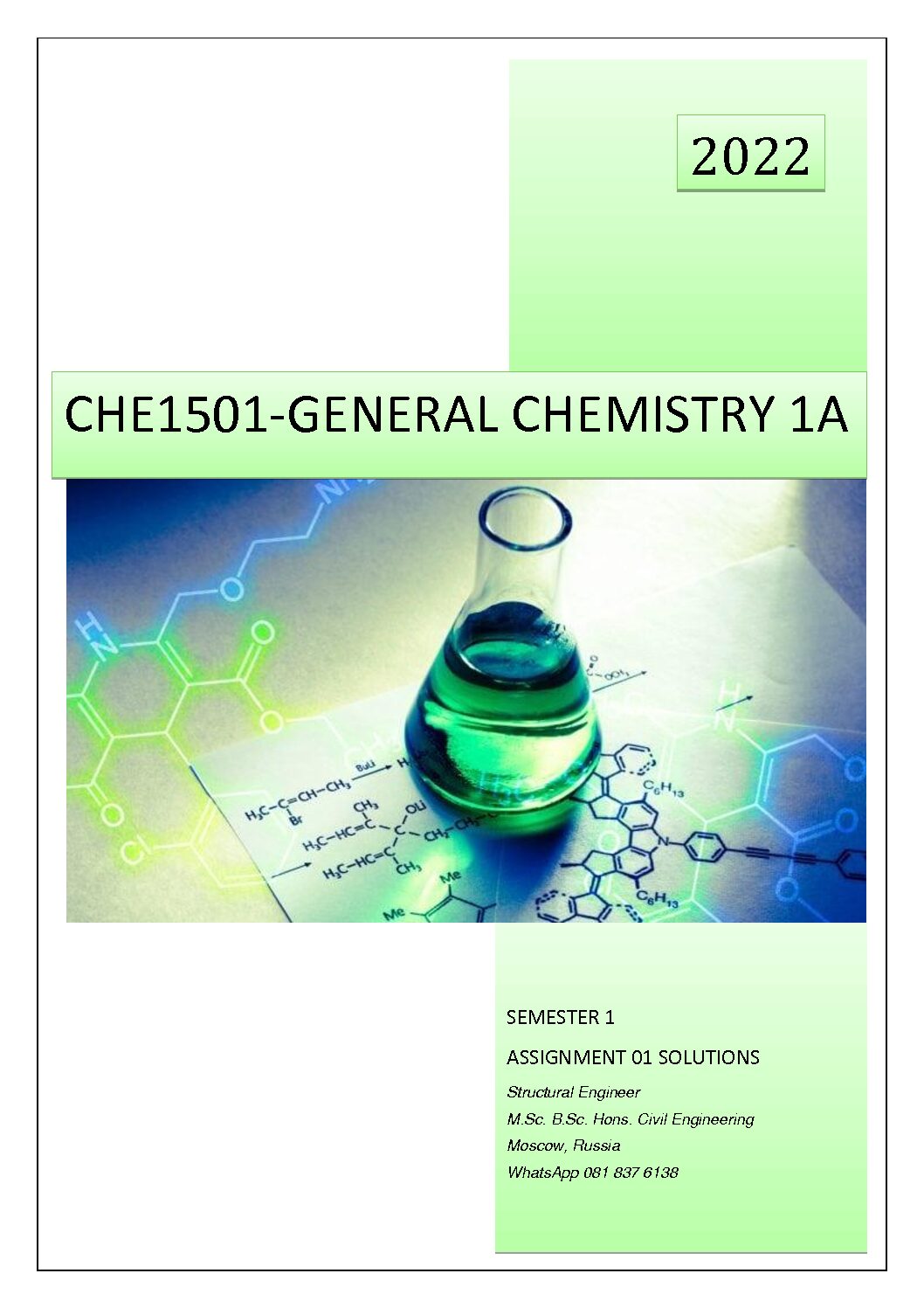



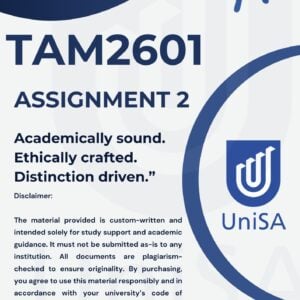






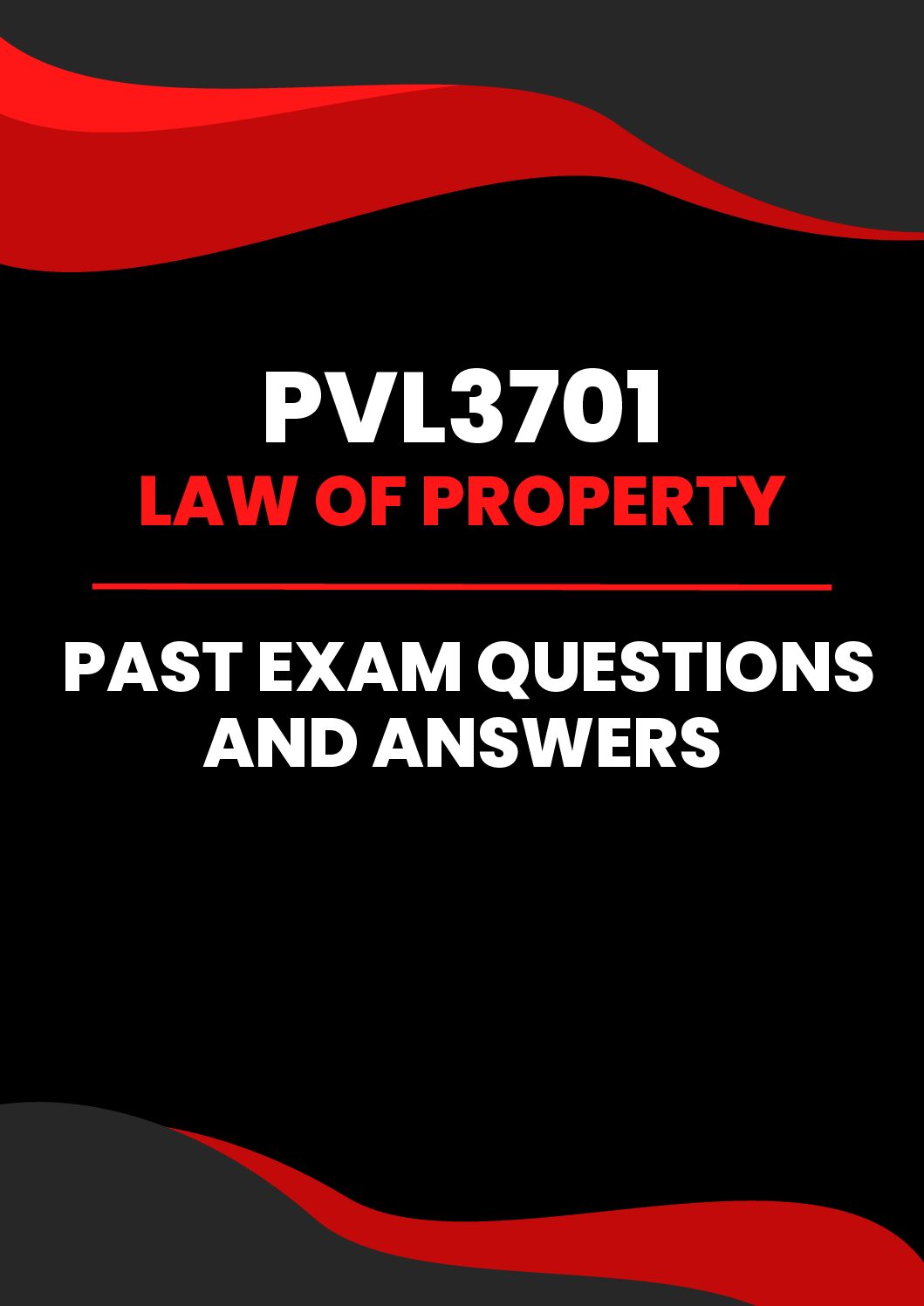
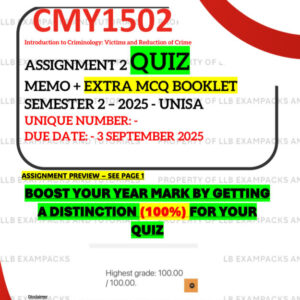




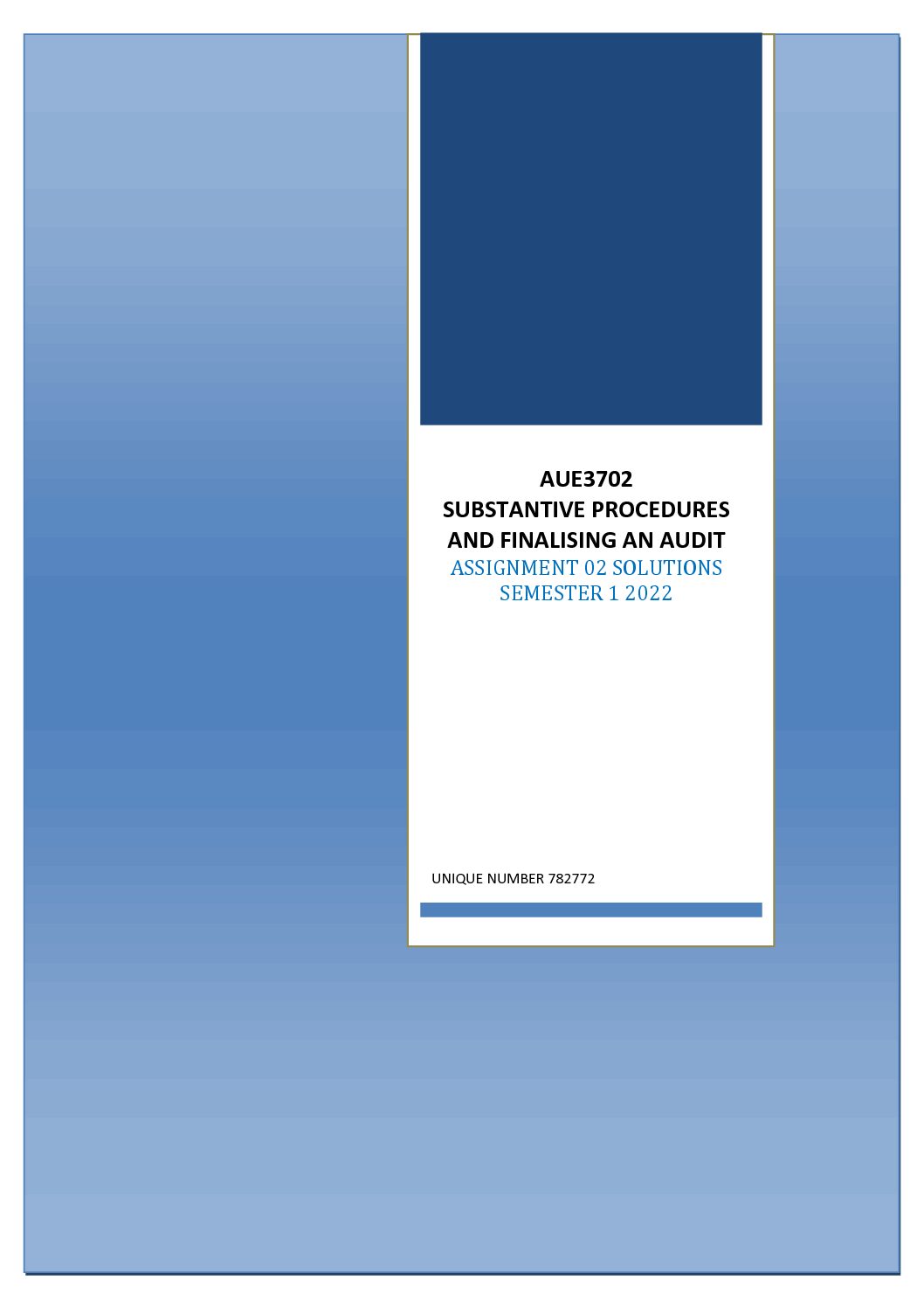






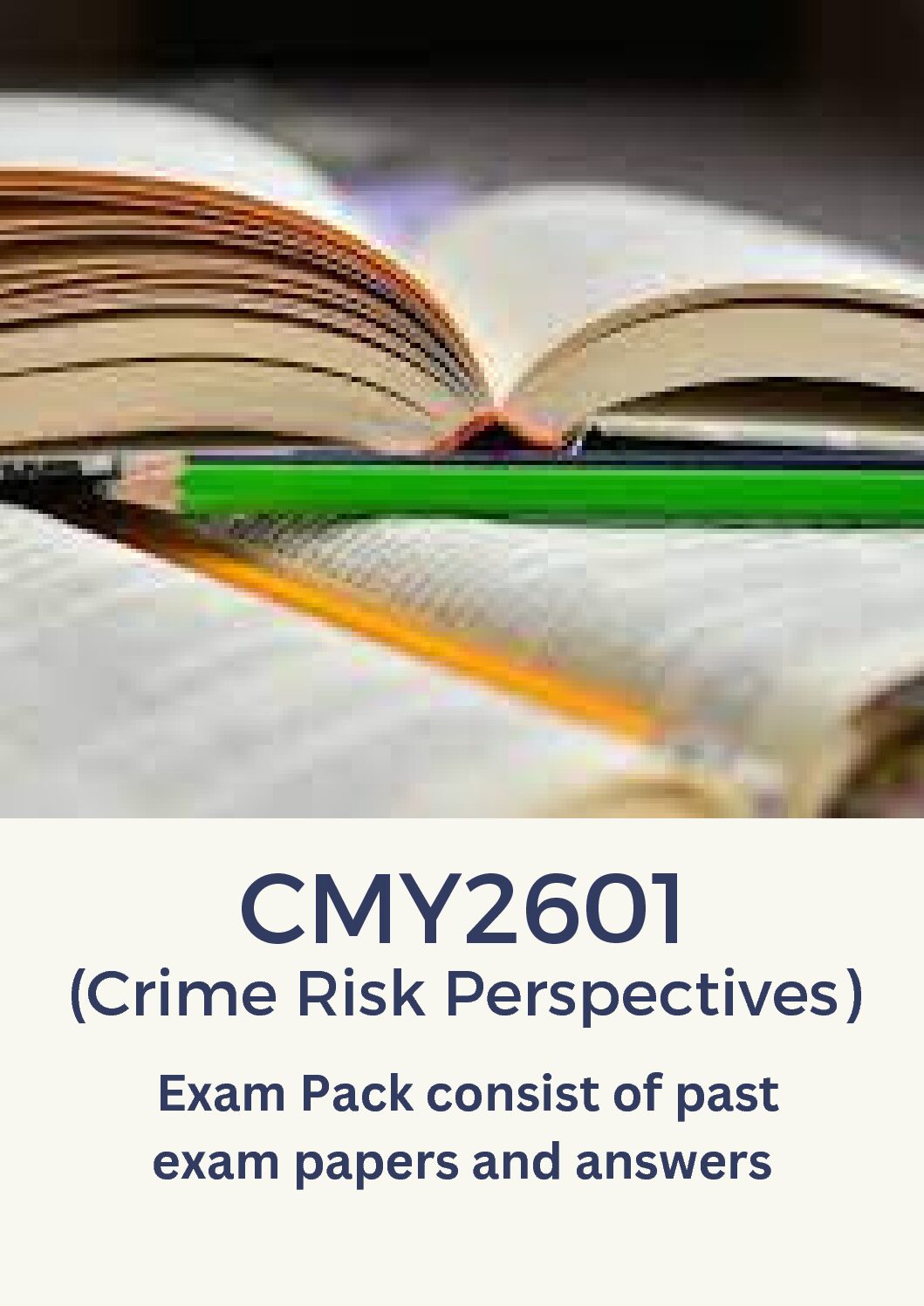
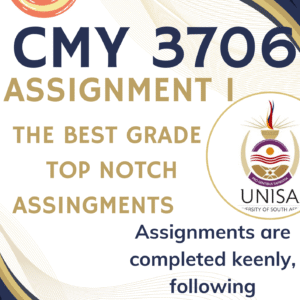
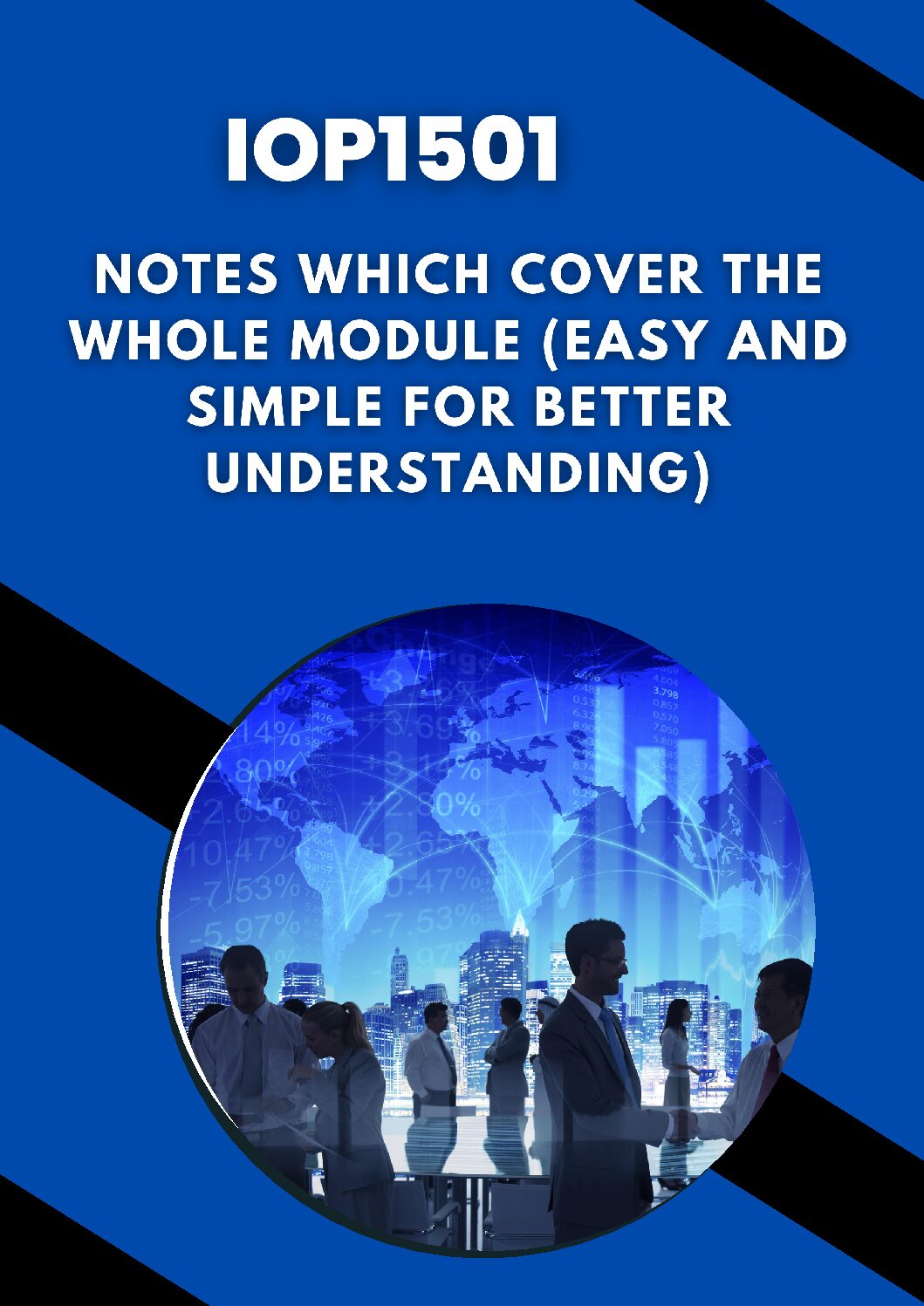


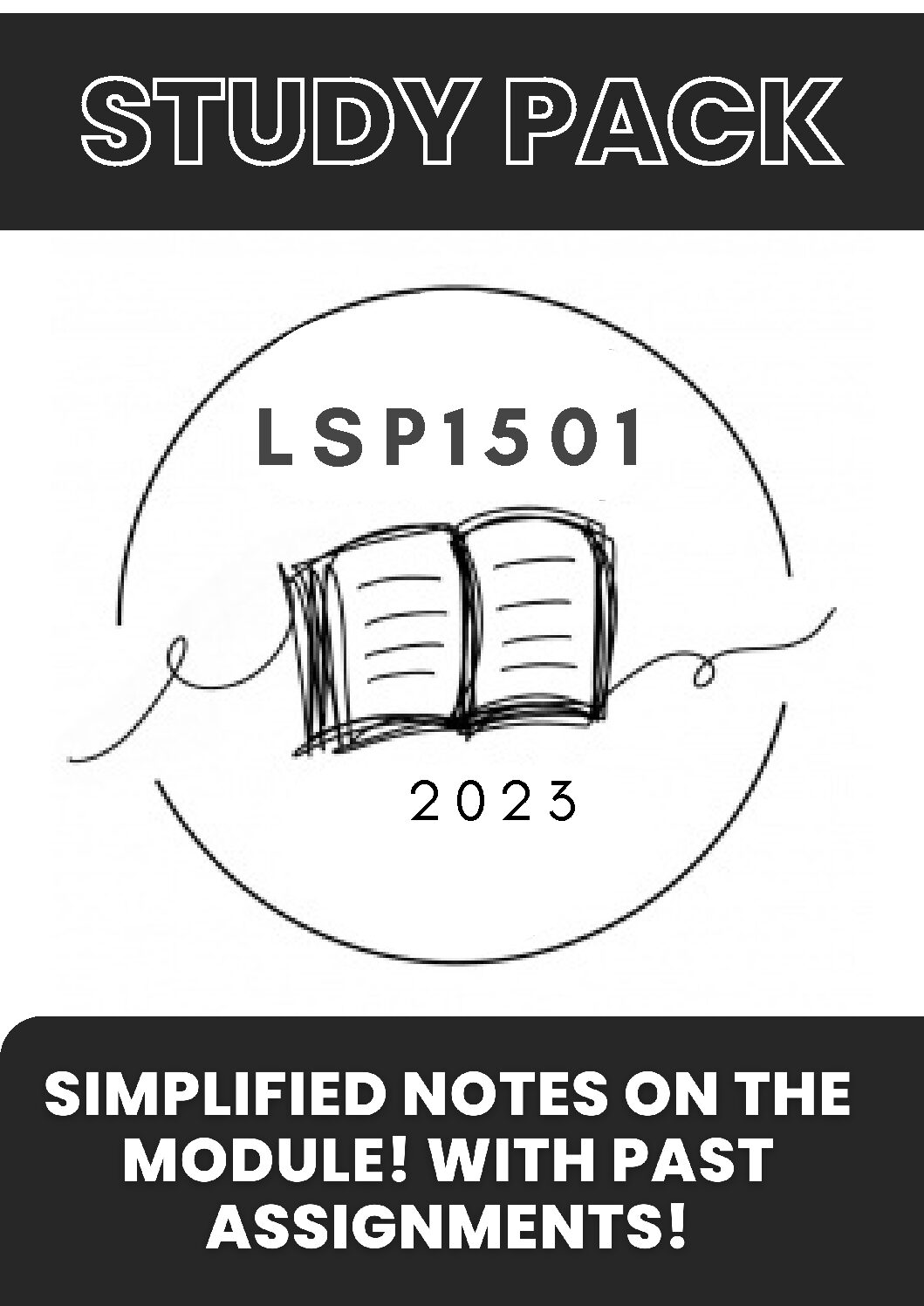



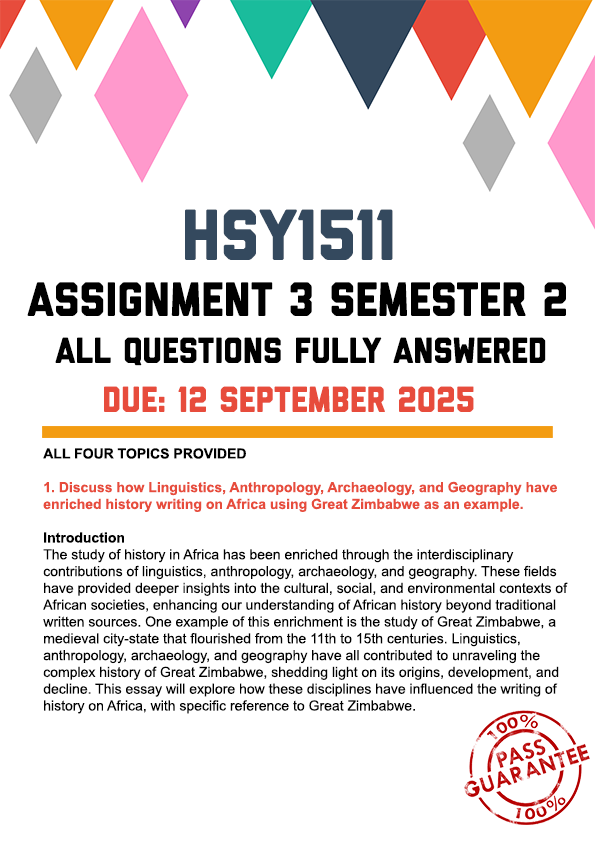
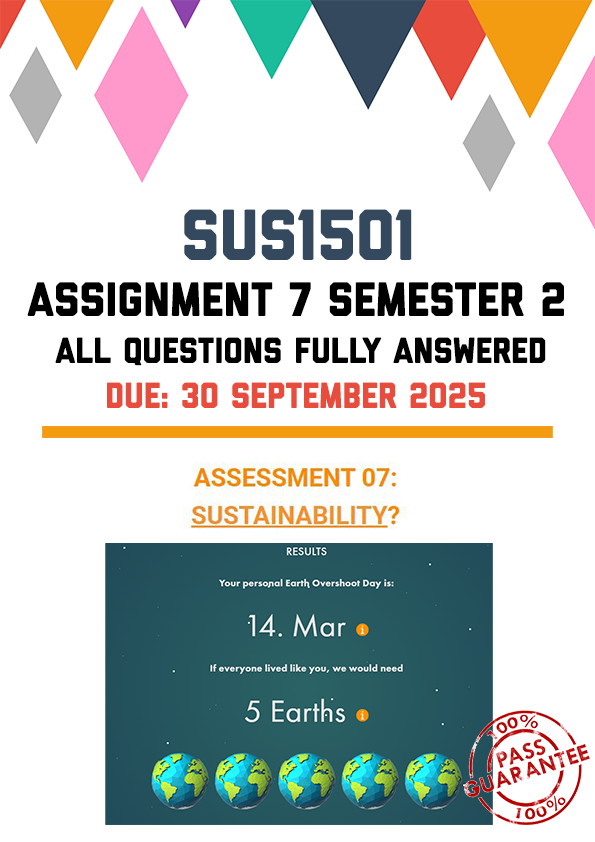
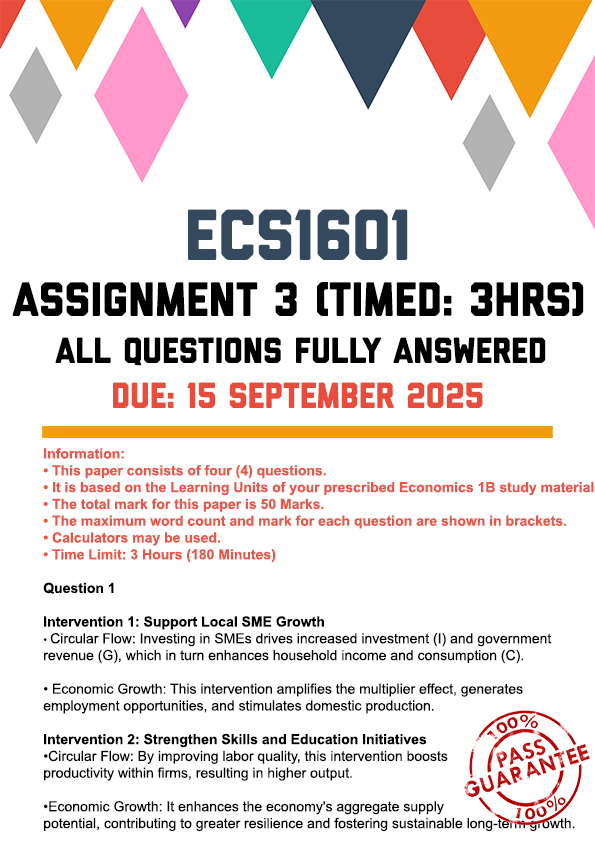
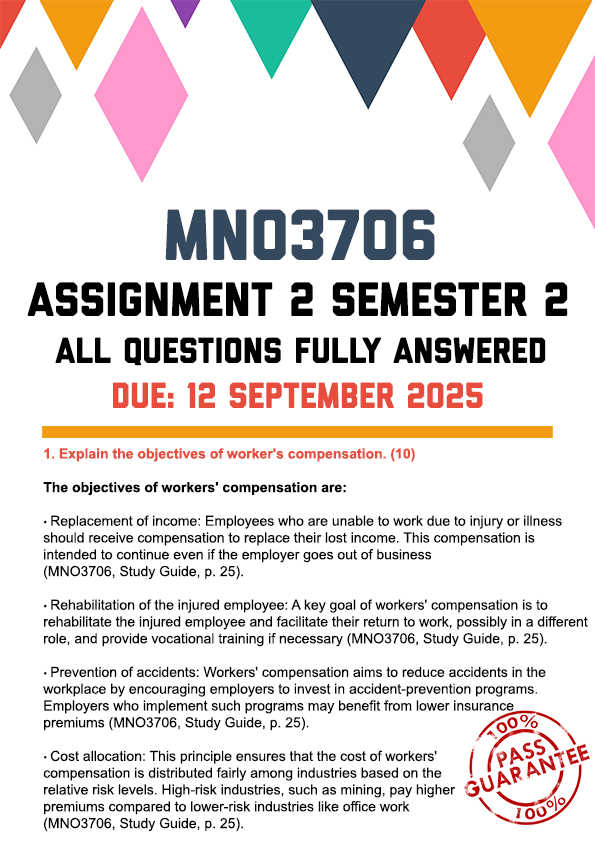
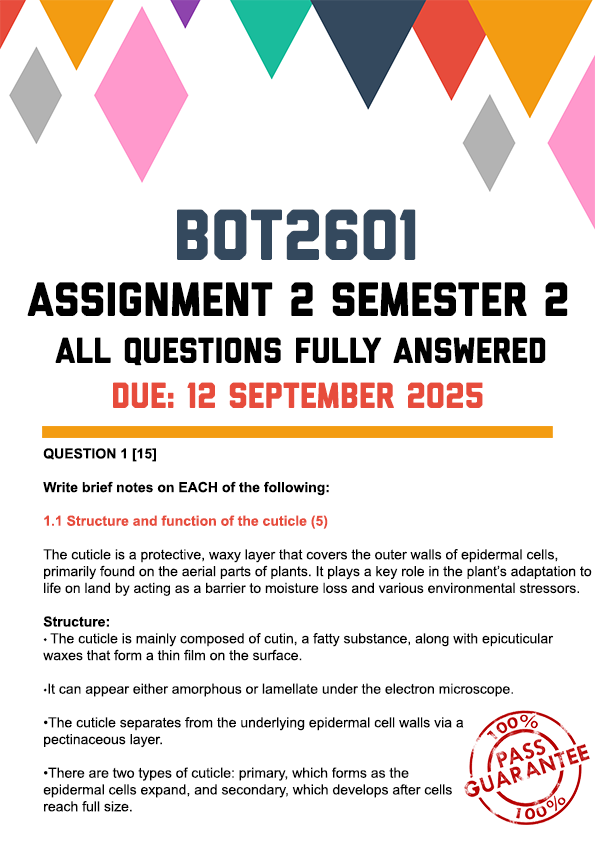
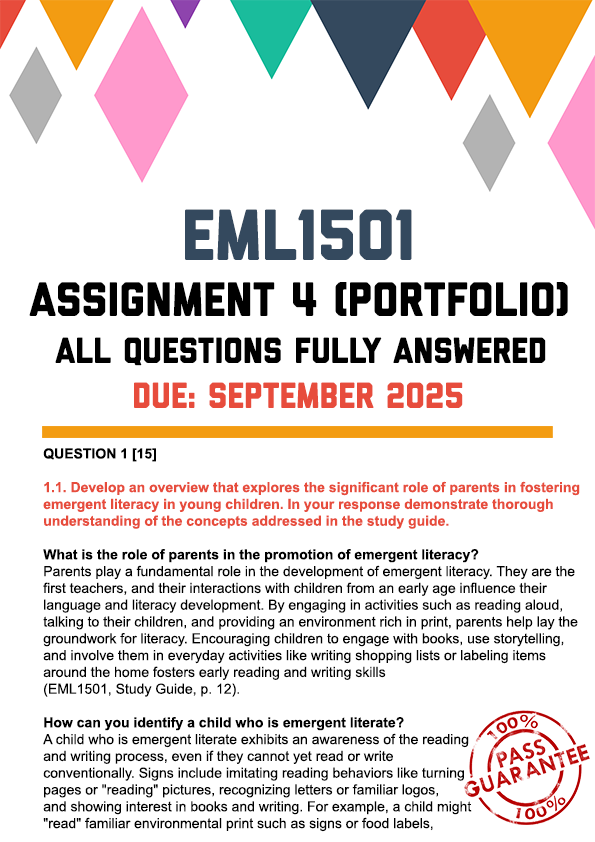
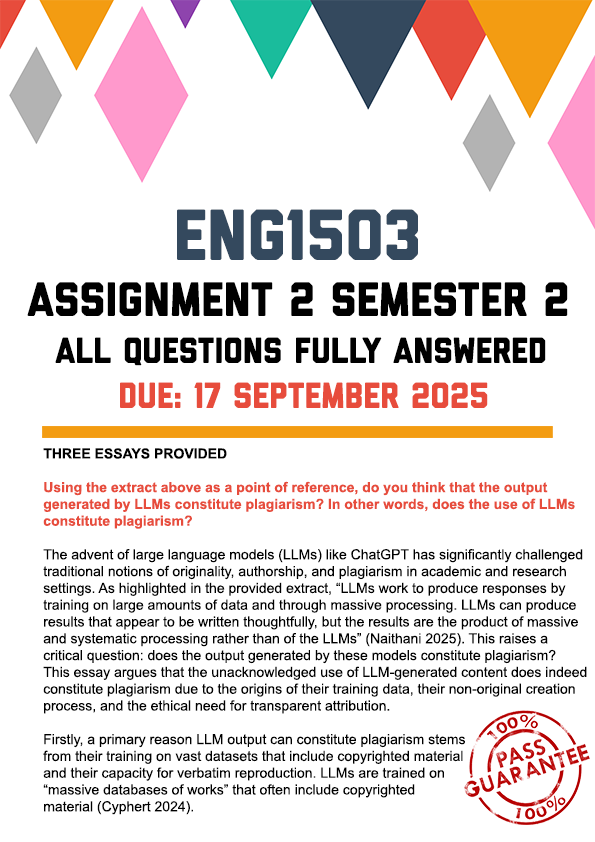
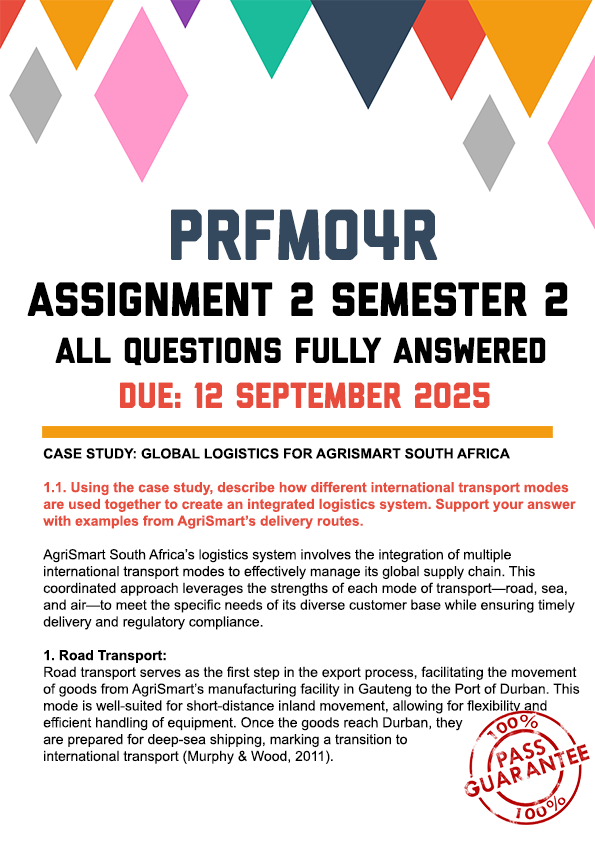
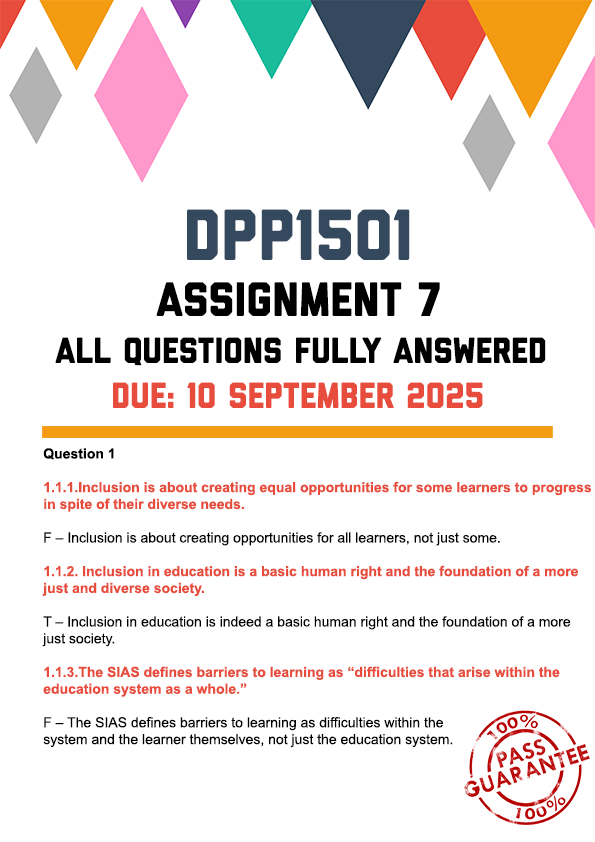
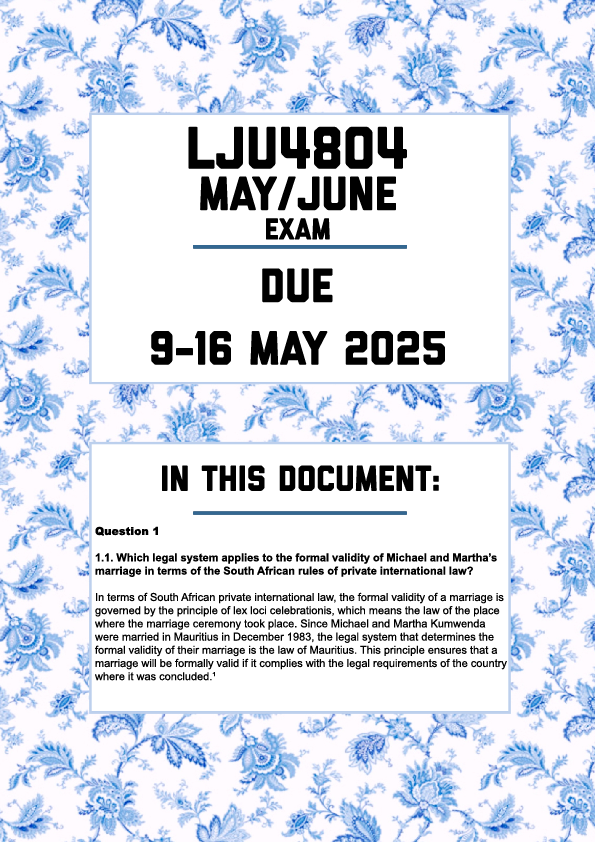






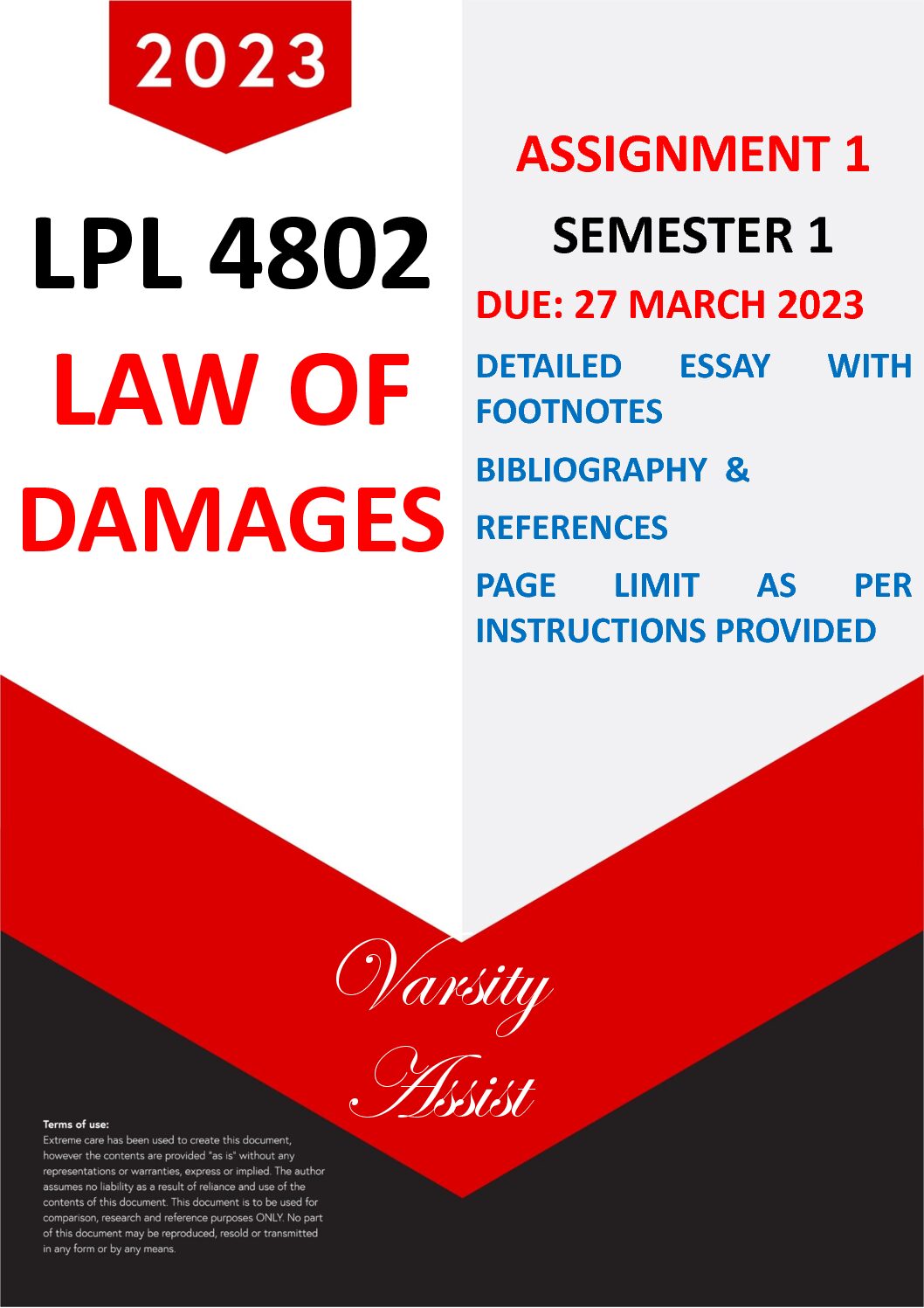
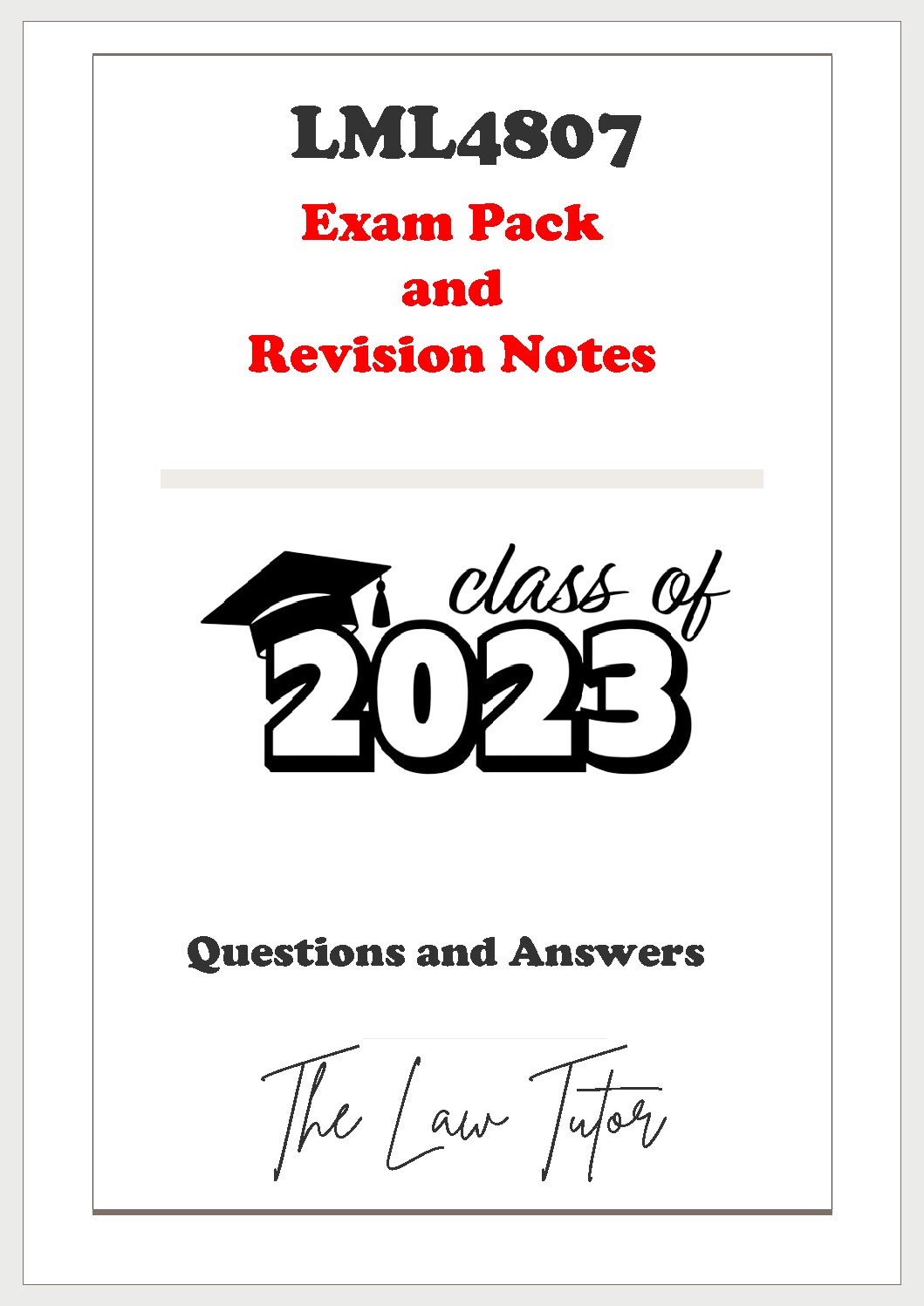

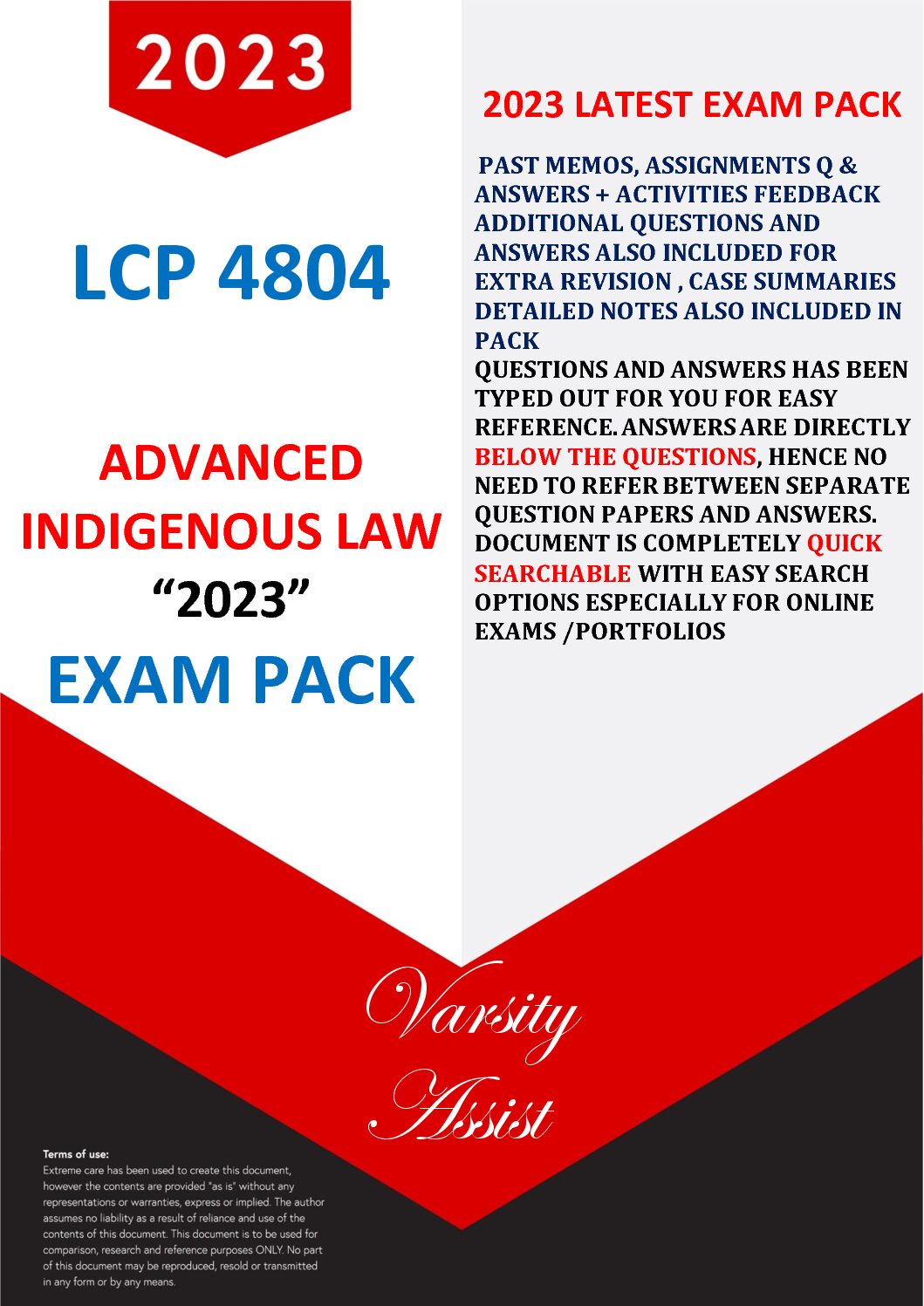
Reviews
There are no reviews yet.